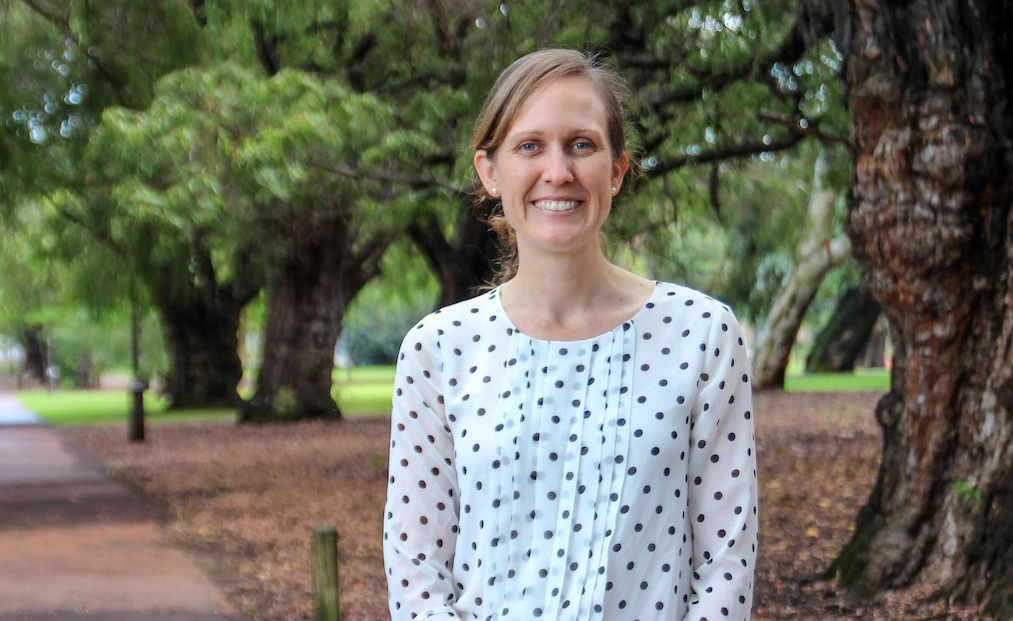Search

News & Events
Latest Deborah Lehmann Research Award RecipientCongratulations to Dr Paula Tesine who is the successful recipient of the Deborah Lehmann Research Award. As the third recipient of the Deborah Lehmann Research Award, Dr Tesine received $30,000 towards her research.

News & Events
Warm Welcome for the Neonatal Infection and Immunity TeamClinical Professor Tobias Strunk, Dr Andrew Currie and their Neonatal Infection and Immunity Team have become the newest members of the Wesfarmers Centre of Vaccines and Infectious Diseases.

News & Events
World-first trial to seek child-specific treatments for dangerous bloodstream infectionsThe Kids Research Institute Australia, Perth Children’s Hospital (PCH) and the Peter Doherty Institute for Infection and Immunity (Doherty Institute) will spearhead the paediatric arm of a world-first global platform trial designed to uncover treatments for Staphylococcus aureus bloodstream infection.
News & Events
The Kids researcher wins Premier’s Science AwardThe Kids researcher Dr Hannah Moore has been named Woodside Early Career Scientist of the Year at the 2015 Premier's Science Awards.
News & Events
New vaccine shows promise in protecting against common cause of meningitisResearchers are an important step closer to finding a vaccine that protects against a wide range of strains of meningococcal B - the most common cause of mening
News & Events
National honour for infectious diseases researcherPerth researcher dedicated to reducing serious chest and ear infections in children has been recognised with the award of Officer in the Order of Australia
News & Events
Celebrating 20 years of meningitis awarenessAustralian charity celebrates 20 years of providing meningitis awareness and marks World Meningitis Day with footy star
News & Events
Infections leave life-long scarsHigh rates of recurrent infection are a major risk to the health of Aboriginal children and are comparable to those of third world countries.
News & Events
Caesarean link to respiratory infections in babiesCaesarean link to respiratory infections in babies
News & Events
Trial begins of first vaccine against Ross River VirusPerth researchers are seeking volunteers to test the effectiveness of a vaccine against the debilitating Ross River Virus.
